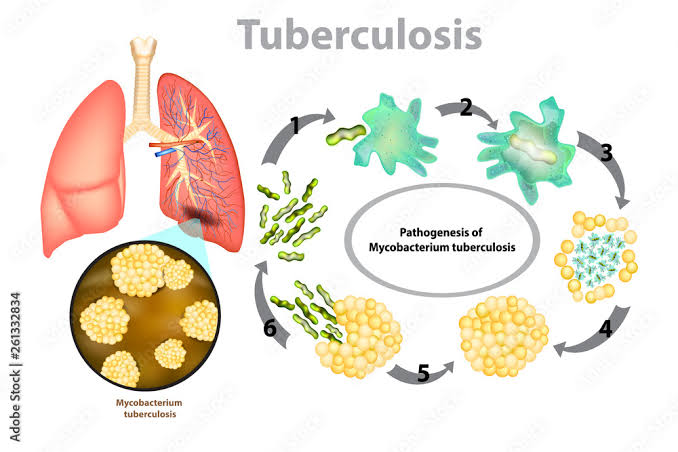Inadequate Sleep and Tuberculosis: A Complex Interplay

In the intricate tapestry of health, the relationship between inadequate sleep and the prevalence of tuberculosis (TB) is a subject of growing interest among researchers and healthcare professionals. This article delves into the complex interplay between insufficient sleep and the risk of tuberculosis, exploring the potential connections, underlying mechanisms, and implications for public health.
I. Understanding Tuberculosis:
Tuberculosis Overview:
Tuberculosis is an infectious disease caused by the Mycobacterium tuberculosis bacterium. Primarily affecting the lungs, TB can also target other parts of the body, leading to a range of symptoms and complications.
Global Impact:
TB remains a global health concern, with millions of new cases reported each year. Factors such as crowded living conditions, compromised immune systems, and inadequate healthcare infrastructure contribute to the persistence of TB in specific populations.
II. The Importance of Sleep for Immune Function:
Role of Sleep in Immune Regulation:
Adequate sleep is crucial for the proper functioning of the immune system. During sleep, the body undergoes immune responses, including the production of cytokines and the activity of immune cells, which play a pivotal role in defending against infections.
Impact of Sleep Deprivation:
Chronic sleep deprivation or inadequate sleep weakens the immune system, making individuals more susceptible to infections. This vulnerability may extend to diseases like tuberculosis, where a robust immune response is essential for containment.
III. Sleep and the Circadian Rhythm:
Circadian Rhythm and Immune Function:
The circadian rhythm, the body’s internal clock, influences various physiological processes, including immune function. Disruptions to the circadian rhythm, such as irregular sleep patterns or shift work, can compromise the immune response.
Shift Work and Sleep Irregularities:
Individuals with irregular sleep patterns, such as those engaged in shift work, may experience disturbances to their circadian rhythm. This can potentially impact the immune system’s ability to defend against infectious agents like Mycobacterium tuberculosis effectively.
IV. Sleep, Stress, and Tuberculosis Susceptibility:
Stress as a Contributing Factor:
Inadequate sleep is often linked to increased stress levels. Chronic stress can further compromise the immune system, creating an environment where infections, including tuberculosis, may find an opportunity to establish and thrive.
Tuberculosis Reactivation:
For individuals with latent TB infection, chronic stress, and compromised immune function due to inadequate sleep could increase the risk of TB reactivation. Reactivation occurs when the bacterium becomes active, manifesting symptoms and potential transmission to others.
V. Public Health Implications:
Sleep Hygiene and TB Prevention:
Recognizing the potential link between inadequate sleep and tuberculosis highlights the importance of promoting good sleep hygiene as part of public health initiatives. Education on the significance of sufficient sleep and strategies to improve sleep quality can contribute to overall community well-being.
Integrated Approach to Healthcare:
Addressing the complex interplay between inadequate sleep and tuberculosis requires an integrated healthcare approach. Efforts should improve sleep quality, reduce stress, and enhance overall immune resilience to create a more robust defense against infectious diseases.
VI. Research Challenges and Future Directions:
Need for Further Research:
While emerging evidence suggests a connection between inadequate sleep and tuberculosis susceptibility, more research is needed to unravel the specific mechanisms and the extent of this relationship. Longitudinal studies and clinical trials can provide valuable insights into the complex interplay.
Holistic Healthcare Strategies:
Future healthcare strategies should adopt a holistic approach, considering the interconnections between sleep, mental health, and immune function. Integrating sleep interventions into TB prevention and treatment programs can enhance overall outcomes.
Conclusion:
The relationship between inadequate sleep and tuberculosis is a multifaceted interplay involving immune function, circadian rhythm, and stress response. As the scientific community continues exploring these connections, there is an opportunity to develop comprehensive healthcare strategies that address sleep health and infectious disease prevention. Recognizing the importance of sleep in maintaining a resilient immune system is crucial to fostering global well-being and mitigating the impact of infectious diseases like tuberculosis.



